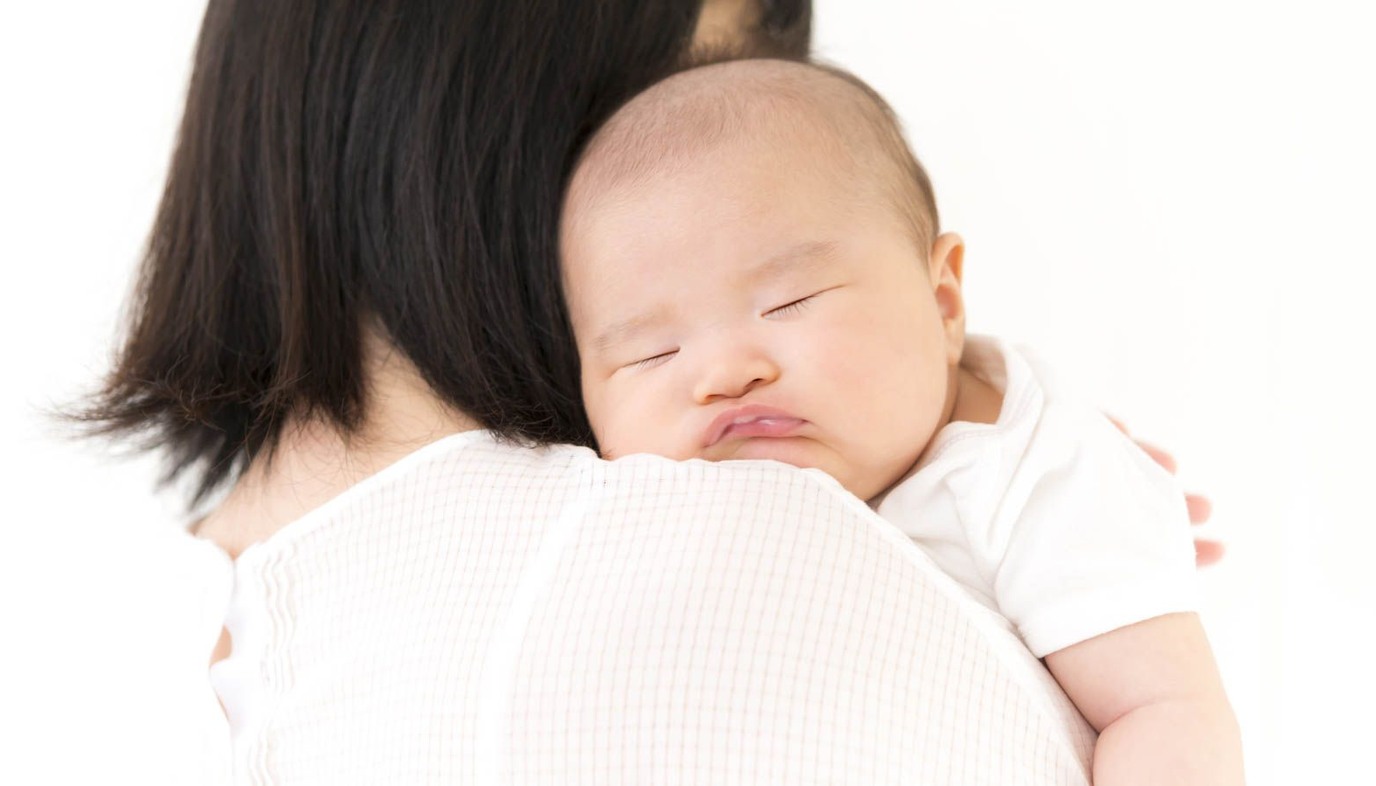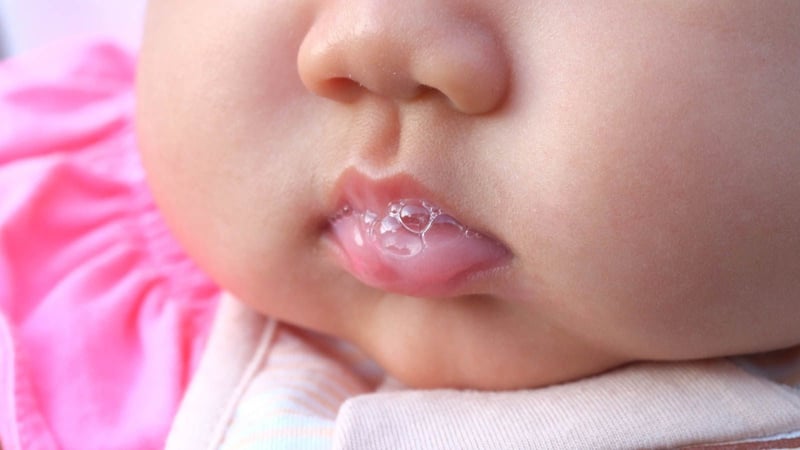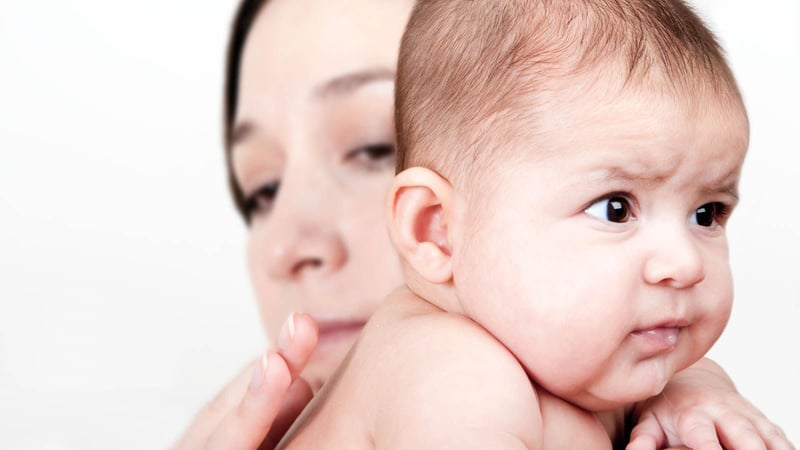
In theory, burping your baby probably seems like a pretty straightforward task. You feed your baby, then you burp him. While that is the gist of it, there are things you can do to make the task go smoothly. There are also things you may want to watch out for, just in case you find that things aren't going as easily as you thought they would.
The reason you need to burp your baby is because, as babies take in food through the bottle or breast, they use sucking motions. Between breathing and feeding, they can suck in plenty of air. This can become uncomfortable and downright painful if this air is trapped in their stomach as unlike adults, they usually don’t have the capacity to expel it themselves.
Chances are things will get messy as burping can sometimes equal spitting up, so investing in a good cloth to spread over your shoulder or on your thighs, depending on which position you choose to burp your infant, is a necessity.
Baby Burping 101
The basic position most parents choose is holding your baby against your chest, with his chin level with your towel-covered shoulder. However some babies are more comfortable being burped on their stomachs or sitting on your lap. Your baby will let you know which way he prefers.

If you’re going to burp him on his stomach, make sure his tummy is on the broadest part of your thighs and that your knees aren’t digging into any part of him. Of course, don’t forget to spread the burping cloth across your lap as you gently pat or massage his back. Some parents find it optimal to start at their lower back and softly move upwards as if moving the trapped air up.
If you choose to burp him sitting up, you may find that he actually burps quicker in this position. Spread the cloth over his legs as he sits on your lap, protecting both you and your baby from any spitting up. Support his head and the front of his body with one hand while you gently pat or massage his back.
You don’t have to wait until feeding finishes feeding to burp your baby. In fact, at the halfway mark is the usual guide for when you should take a break and burp him. So if the baby is halfway done his bottle, take a few minutes to get him in the burping position you and he likes best. Notice that I said a few minutes. Burping doesn’t have to be a lengthy process where the poor mother is stuck patting the poor baby’s back for half an hour. If the baby is ready to burp, he’ll burp. If he hasn’t burped after five minutes max, continue to feed him or if he’s finished, try again later.
If you’re breast feeding, you can try burping them before you switch breasts. Just listen to your baby. If he’s fussing before the halfway point, then maybe he’s telling you that he needs to be burped now.
You might be disconcerted if he spits up when you burp him, thinking that he’s bringing up his food, and you have to feed him more to make up for it. In the majority of cases, you needn’t worry. However, if you find that he spitting up more than he’s taking in, you may have cause for concern. If he’s losing weight or becoming dehydrated in addition to spitting up too much, this is definitely something that your doctor should be made aware of.
If your baby becomes cranky and cries a lot after feeding, even after burping, this may be a sign that he’s in pain because he still has trapped air in his stomach that hasn’t been burped out. This might cause your baby to become colicky. Add in the fact that, as they’re sobbing, they are swallowing more air and that only makes the colic even worse.
You may find that the pain your baby is feeling as a result of gassiness could be a symptom of something more serious like gastroesophageal reflux disease. So if you notice that your baby continues to cry and fuss even after you’ve burped them, talk to your doctor and ask if your baby could be tested for GERD.
Avoiding Gas Bubbles
Try keeping your baby upright for at least fifteen minutes after feeding him to help digestion and help to keep him from spitting up. You may find this helps especially if you’re baby is diagnosed with having GERD.

Sometimes your baby may have trouble sleeping because of trapped gas, even if it’s been a long time since his last feeding and regardless of if you burped him after feeding. If you notice him fussing and crying in the middle of the night, you may find that holding him and burping him will considerably relieve his discomfort.
You may find that as your baby gets older, it takes you longer to burp him. In most cases, you’ll find that there’s no cause for worry. This usually means that he’s now learning how to relieve himself of any extra gas and not swallow so much air during feedings so he doesn’t need you to burp him as often. You’ll find that he might be sitting around and suddenly let out a belch that seems overly loud for such a small person. He might spit up on himself without you burping him as well, so make sure you keep the bib handy around his neck for a while after he’s done feeding.
Some babies burp so softly that you have to tune your ear to hear them, while others let out impressive belches, just like some adults. Rest assured your baby will help you figure out what he or she needs. Babies are not shy about letting you know when they are not happy campers. There’s no single right way or wrong way to burp your baby. There’s just the way that you’ve discovered is best for him.
